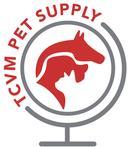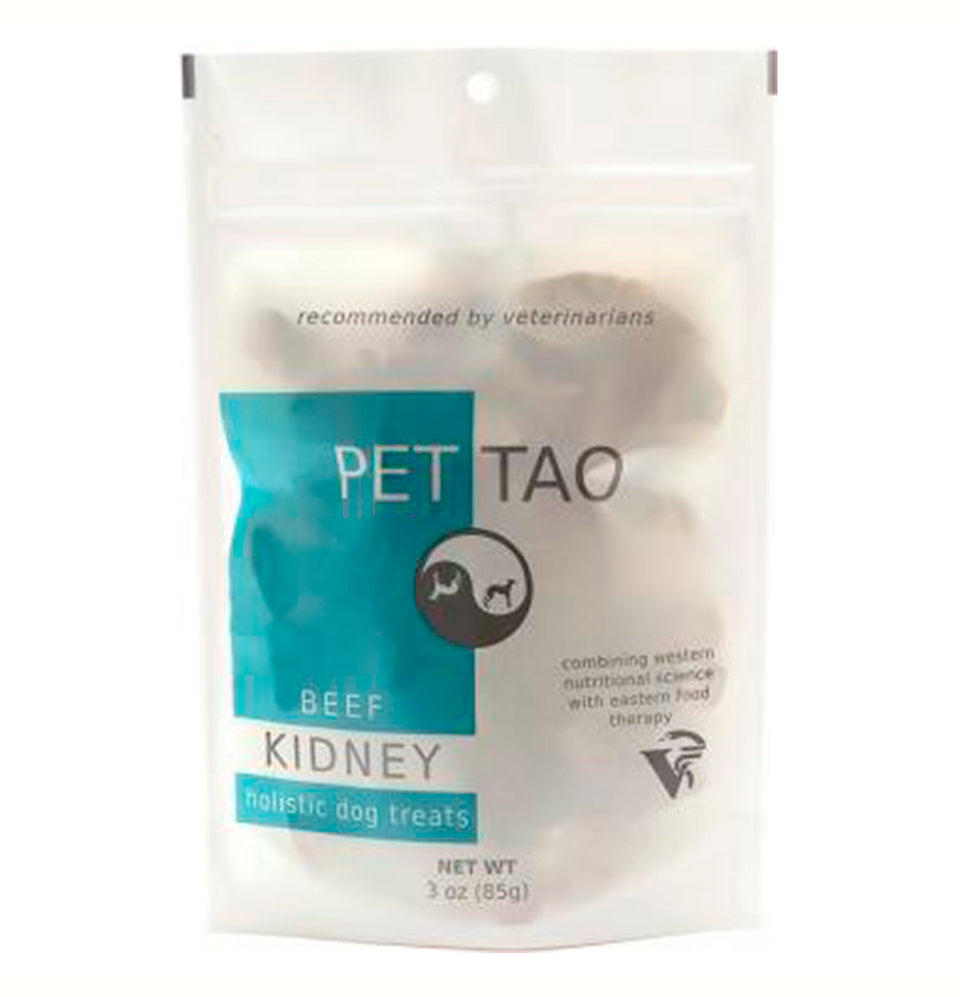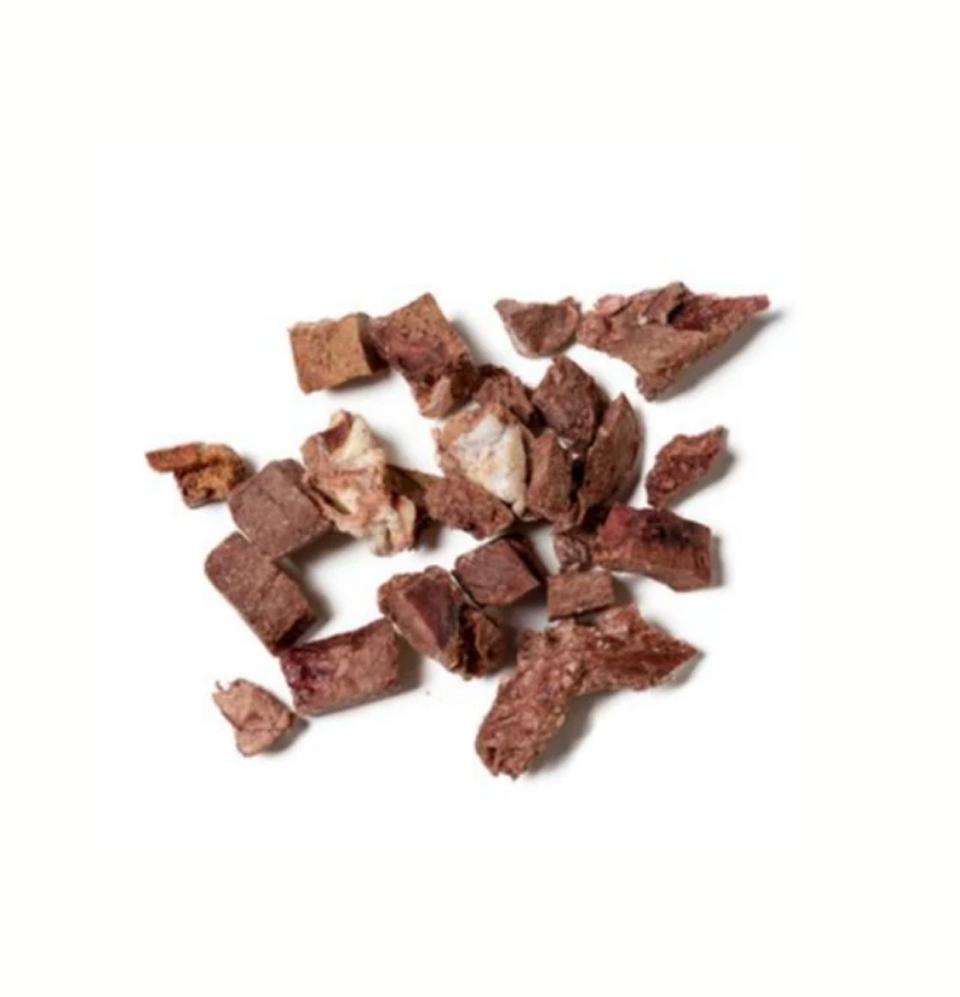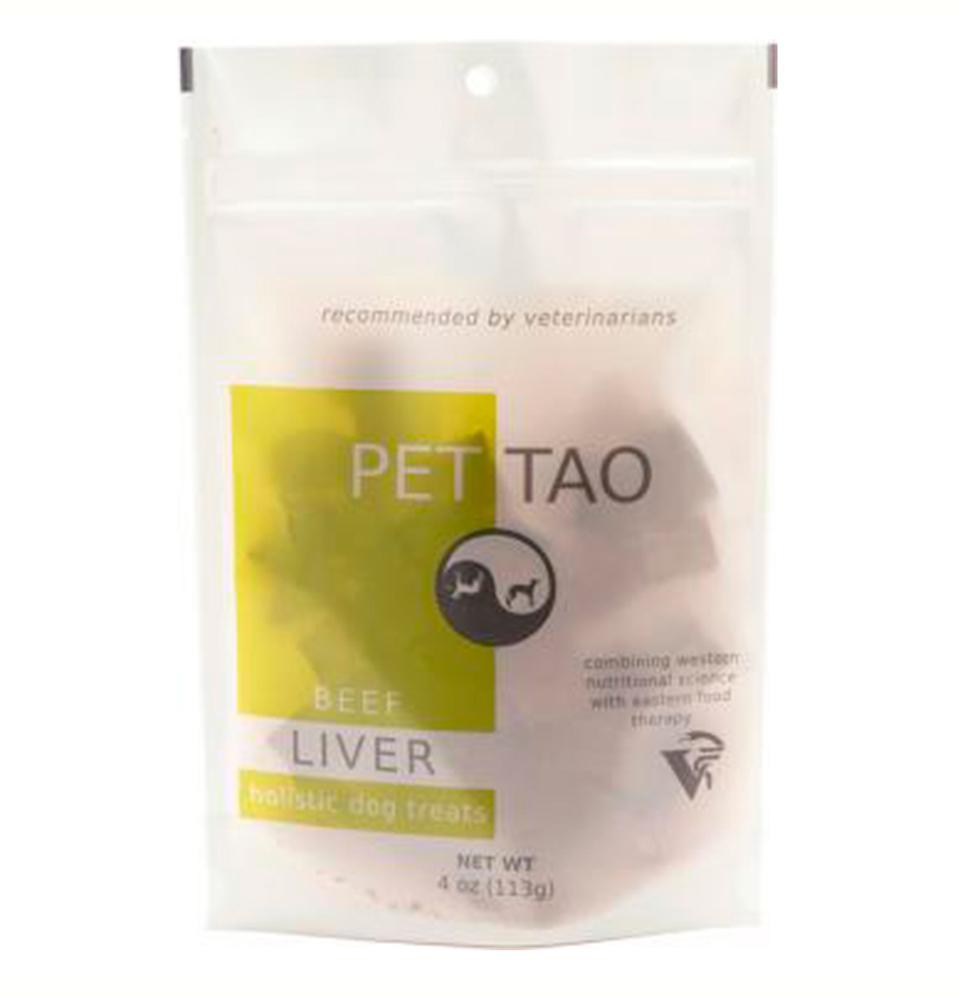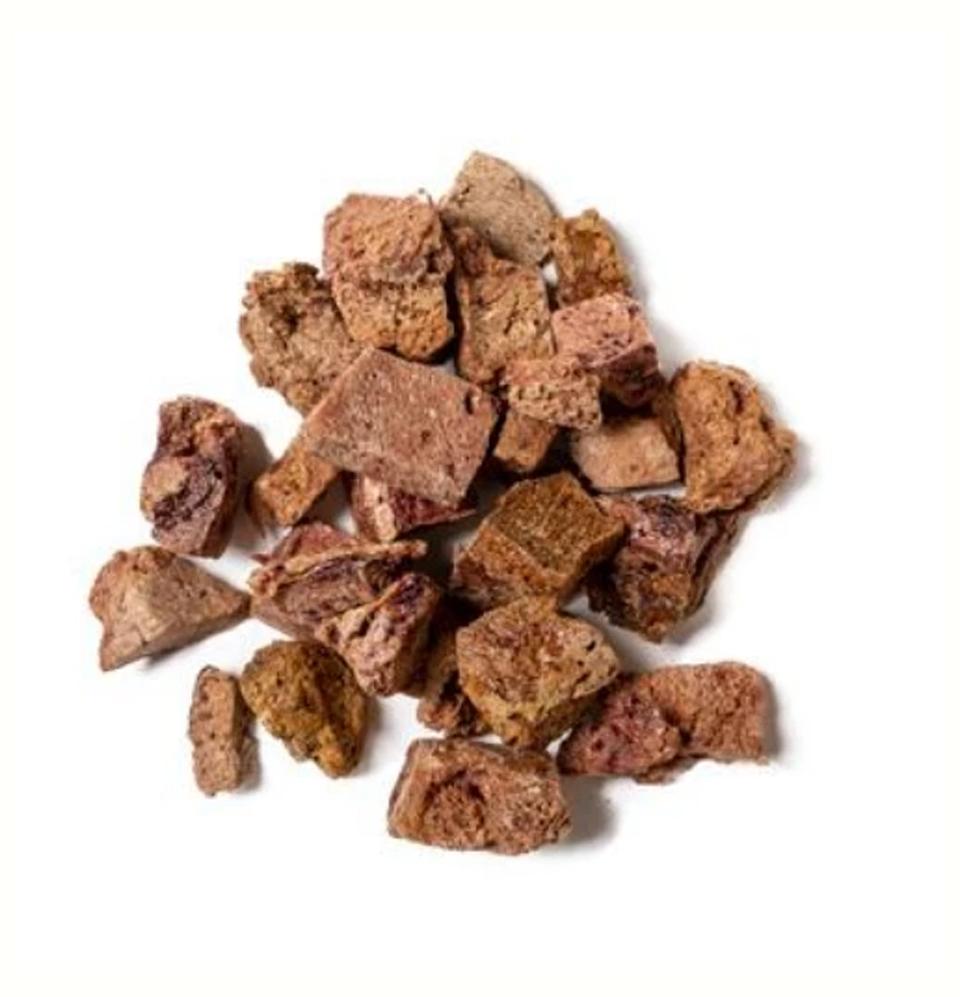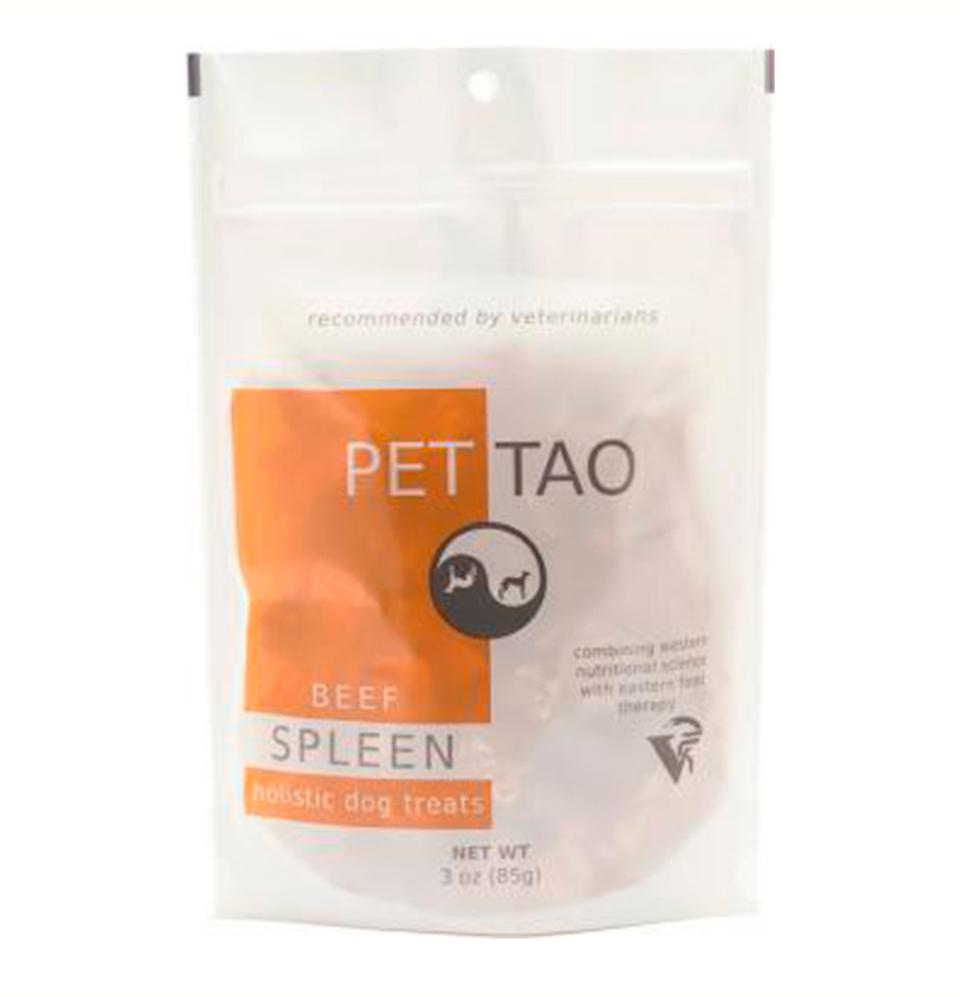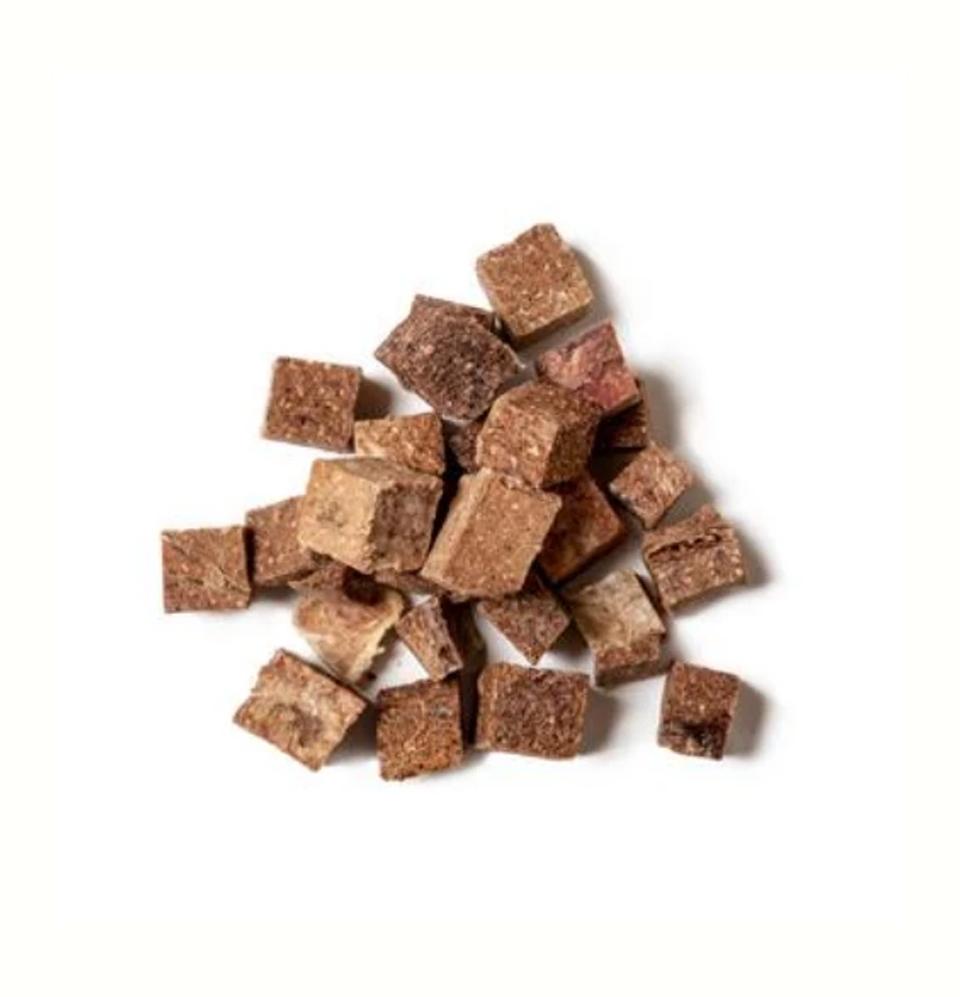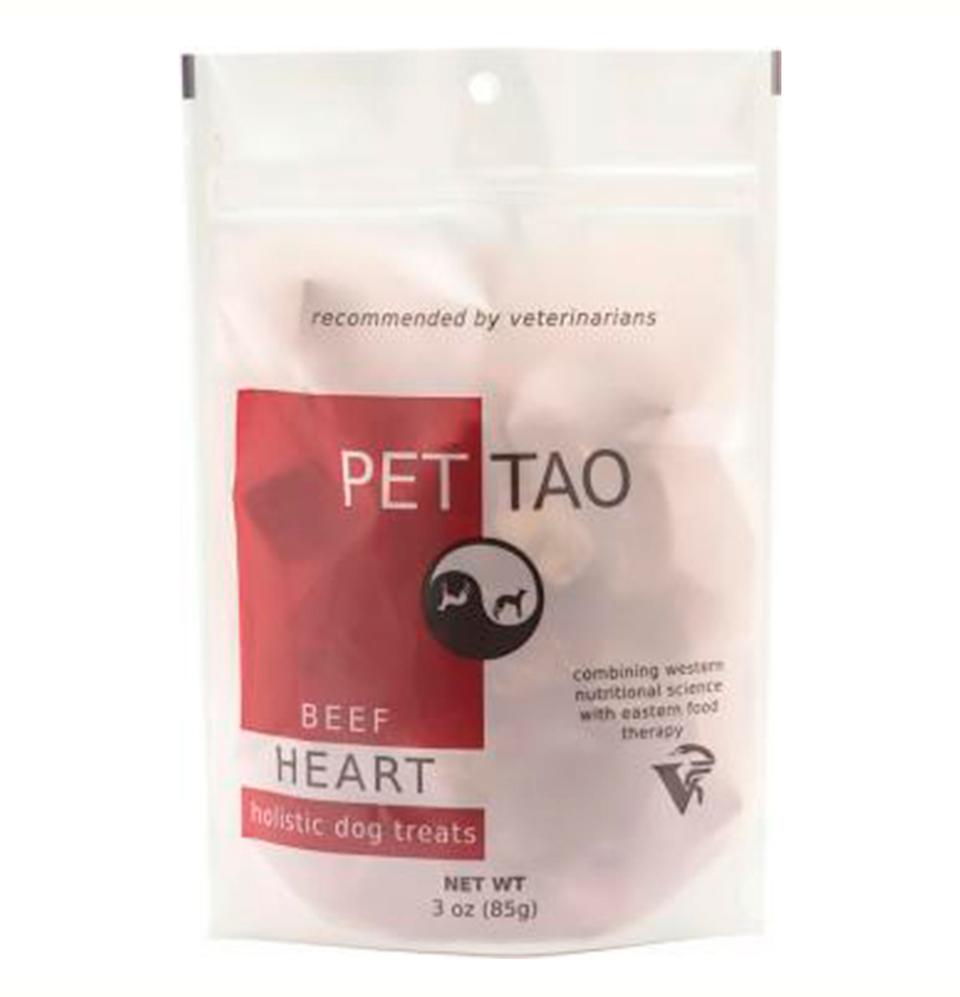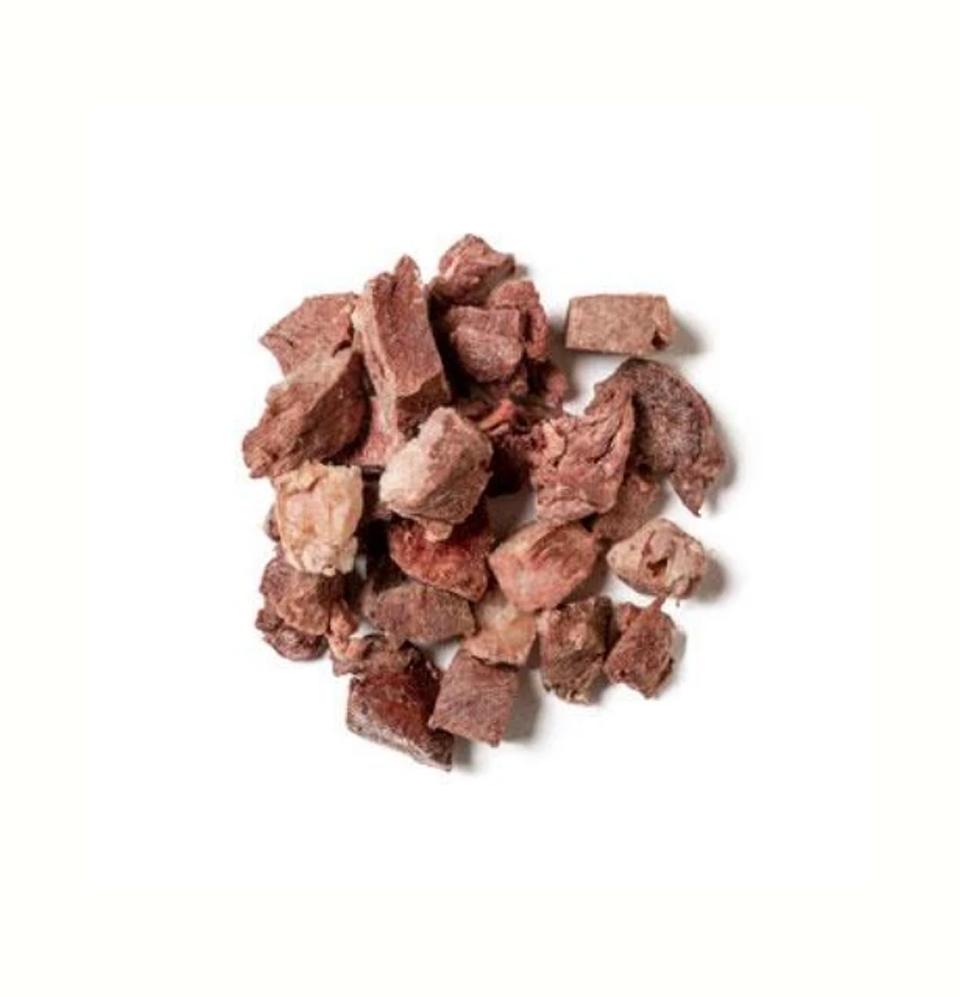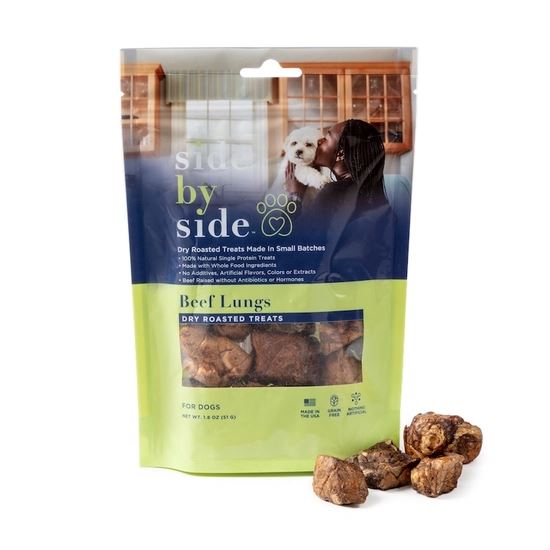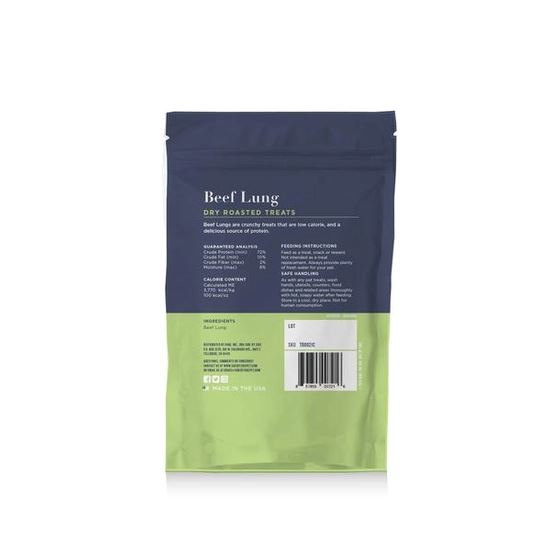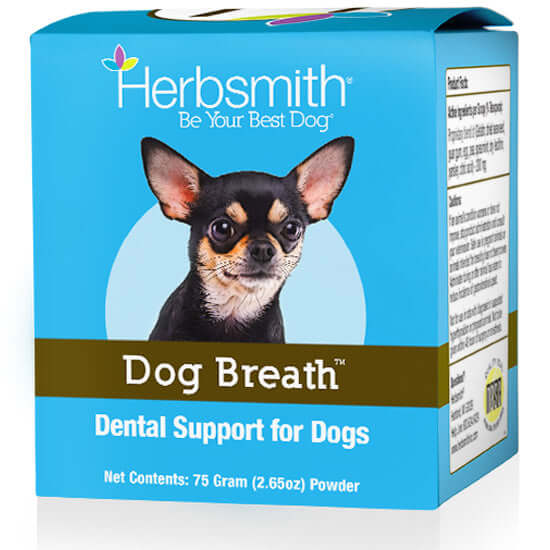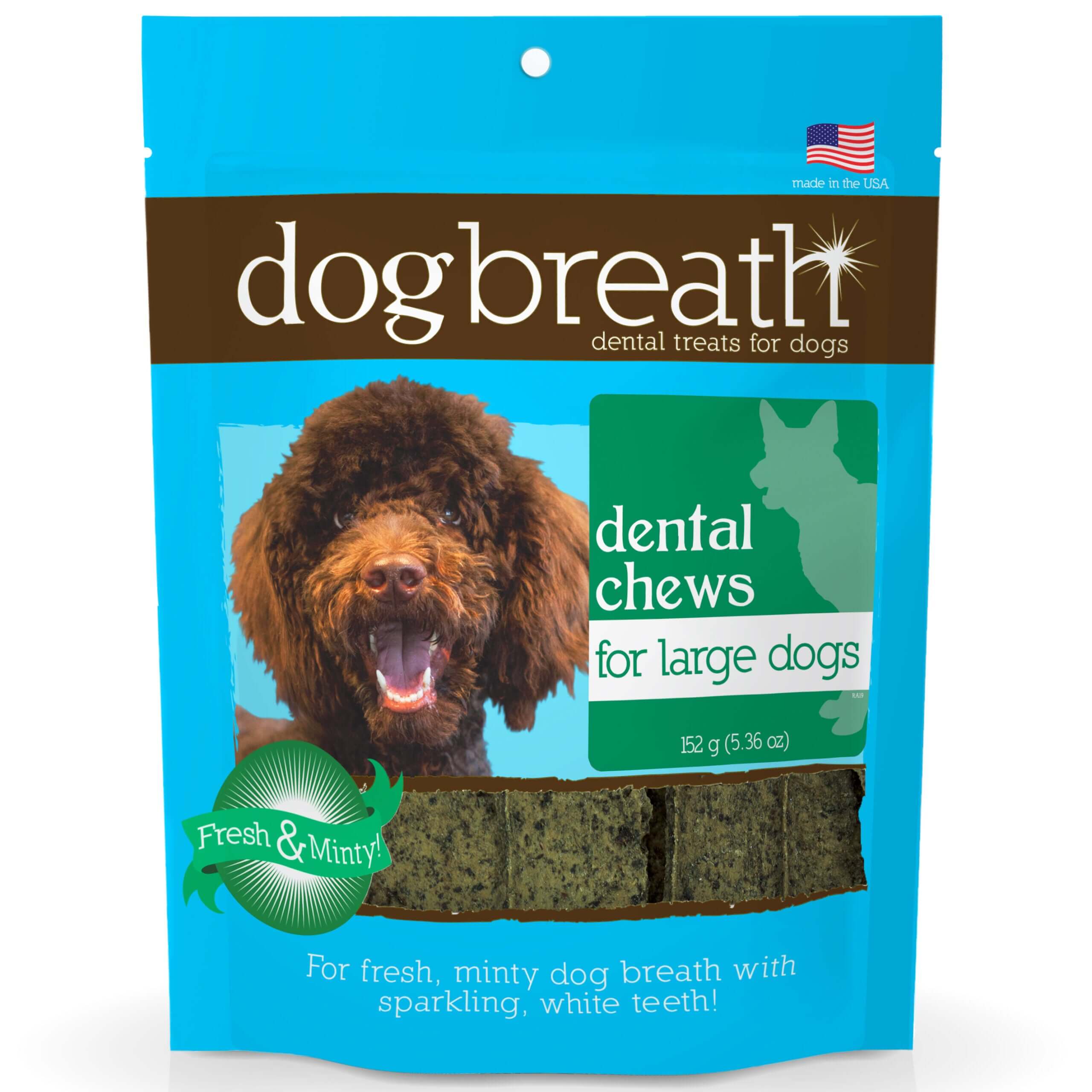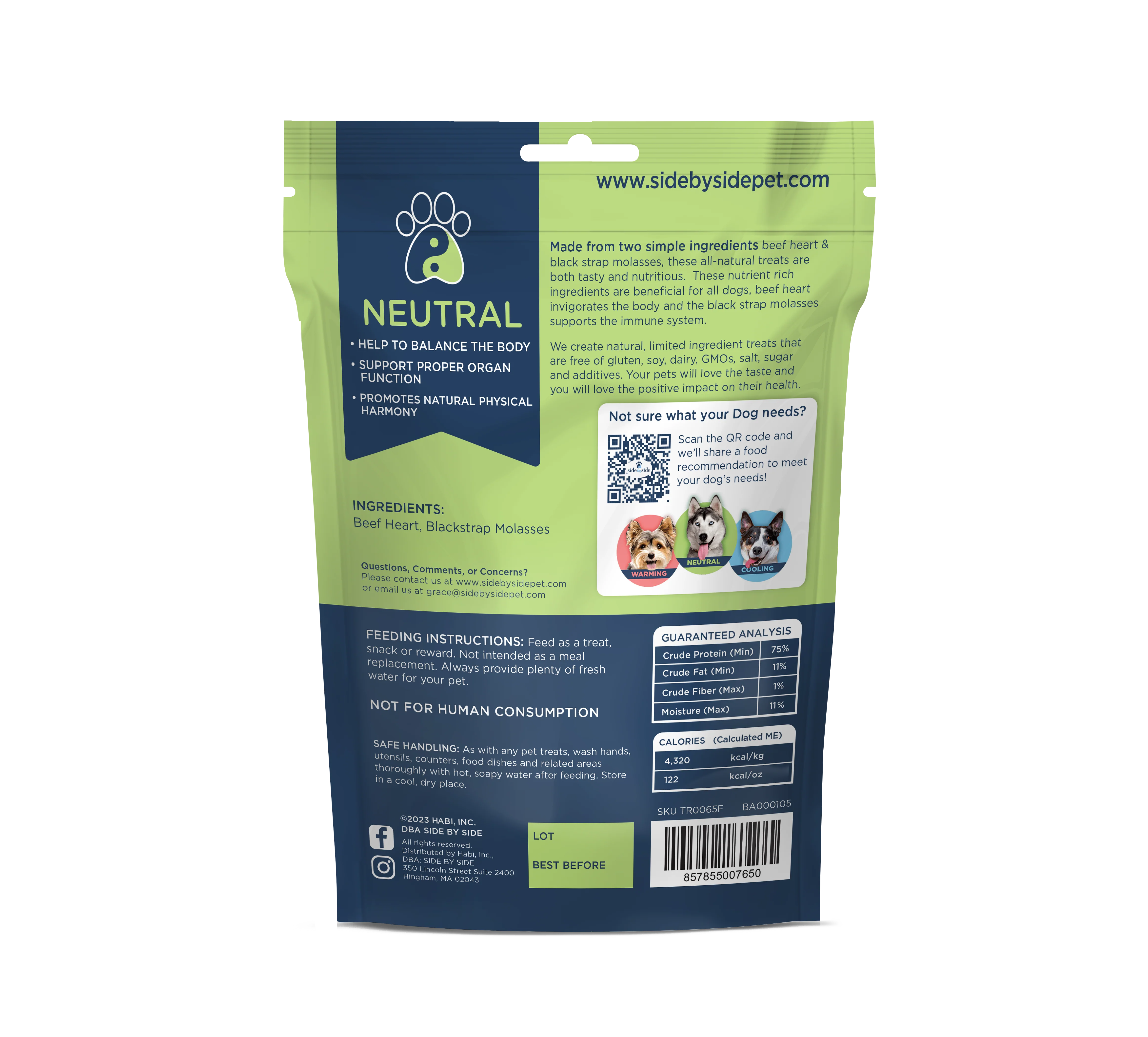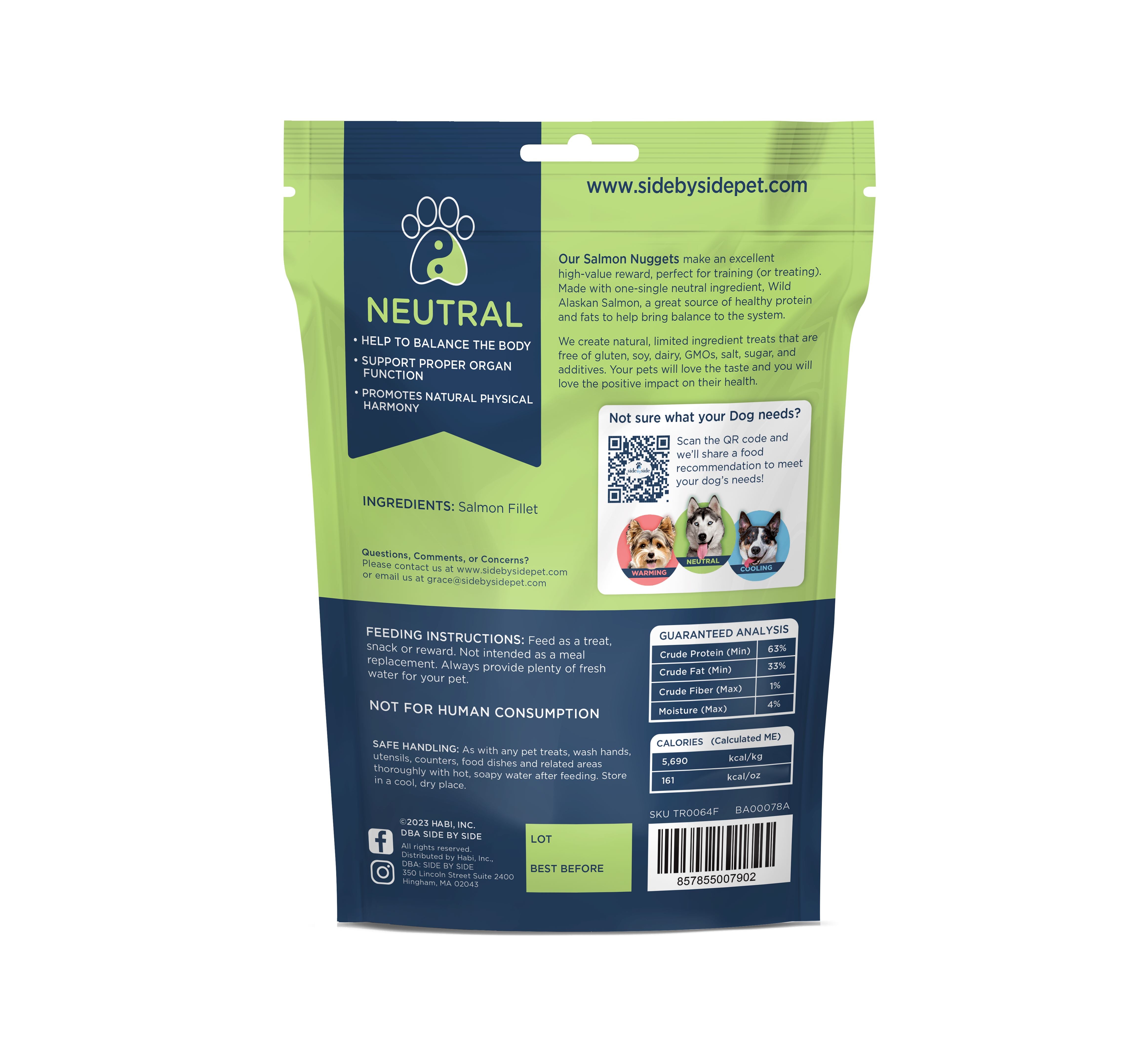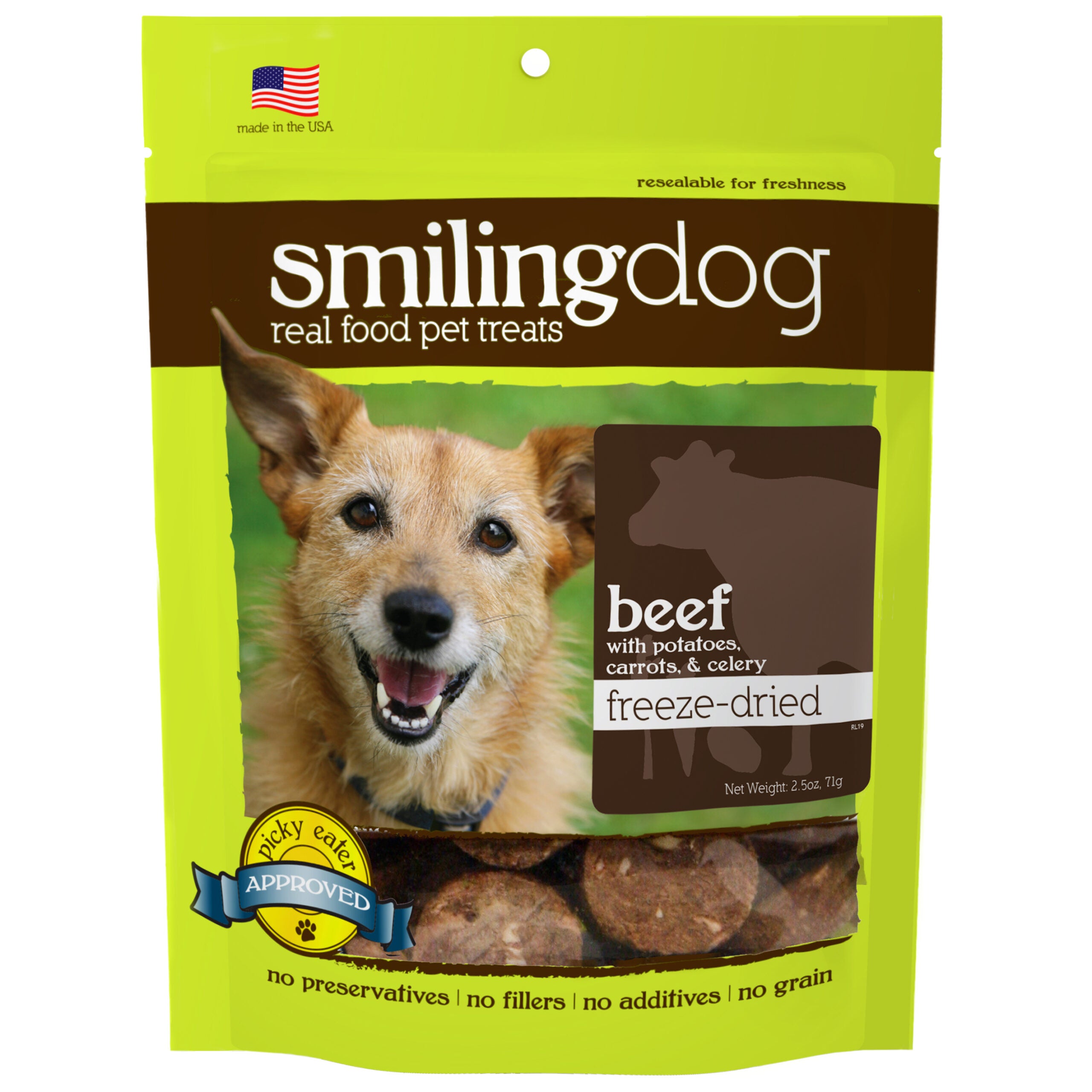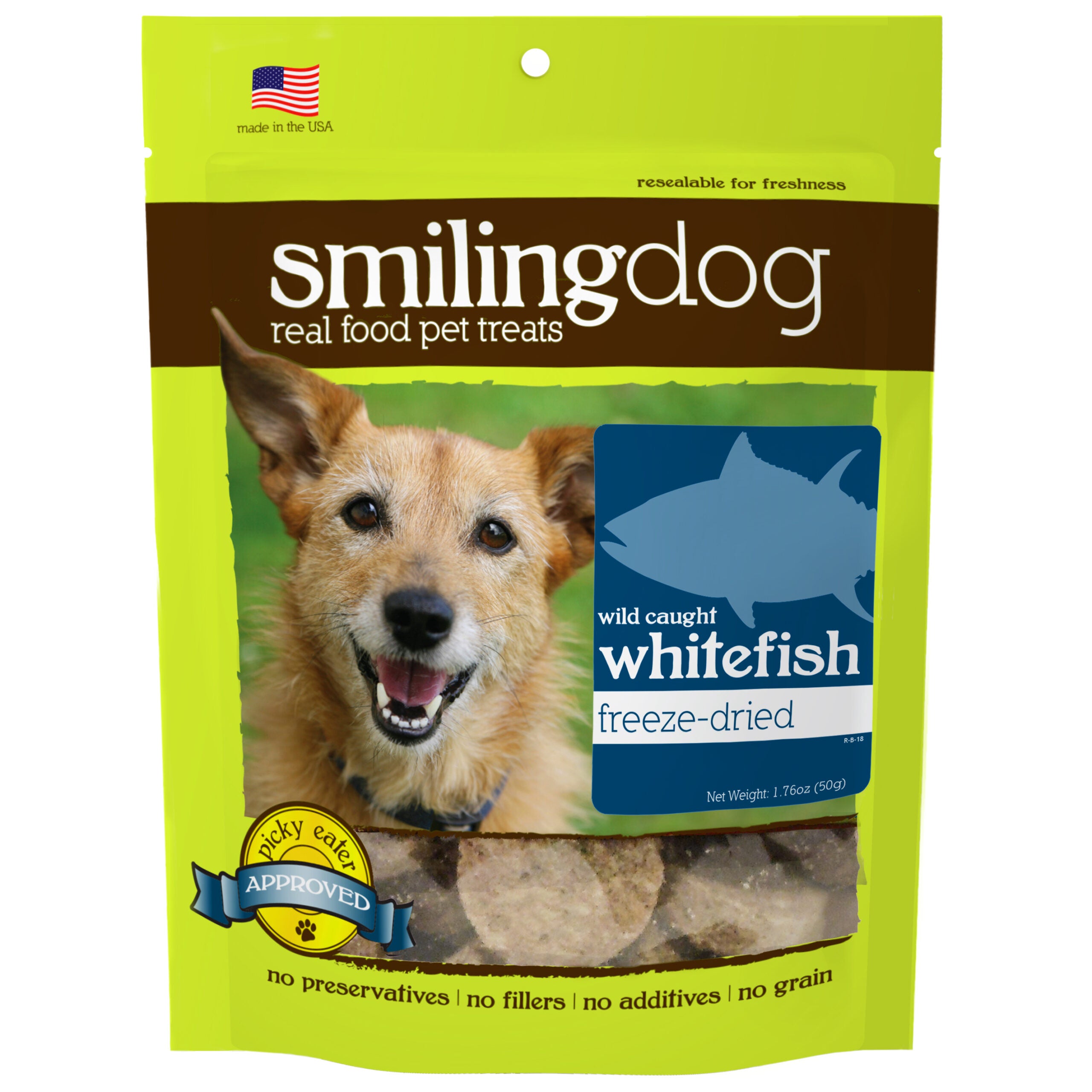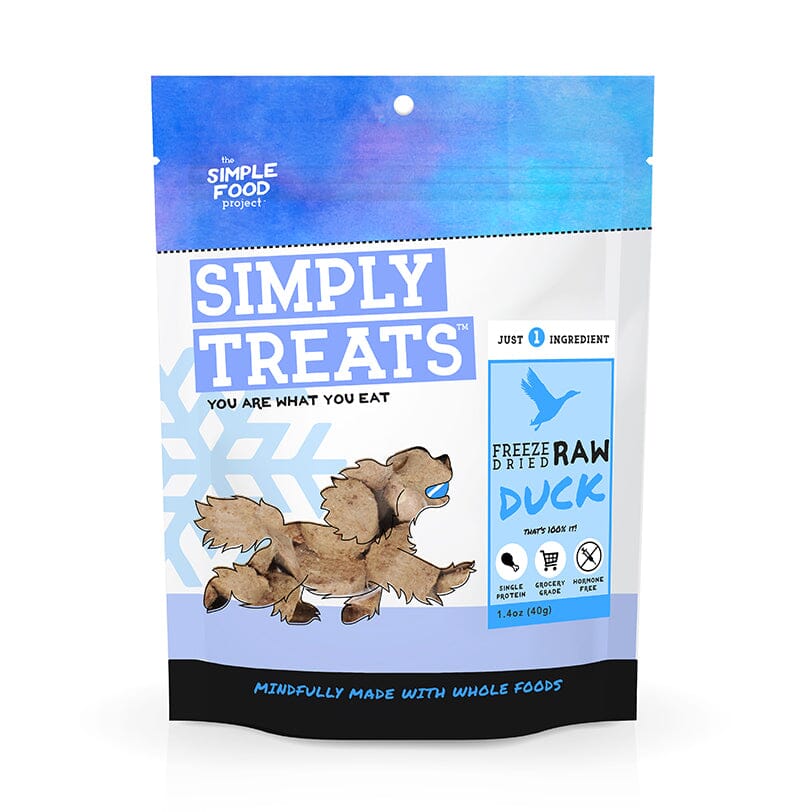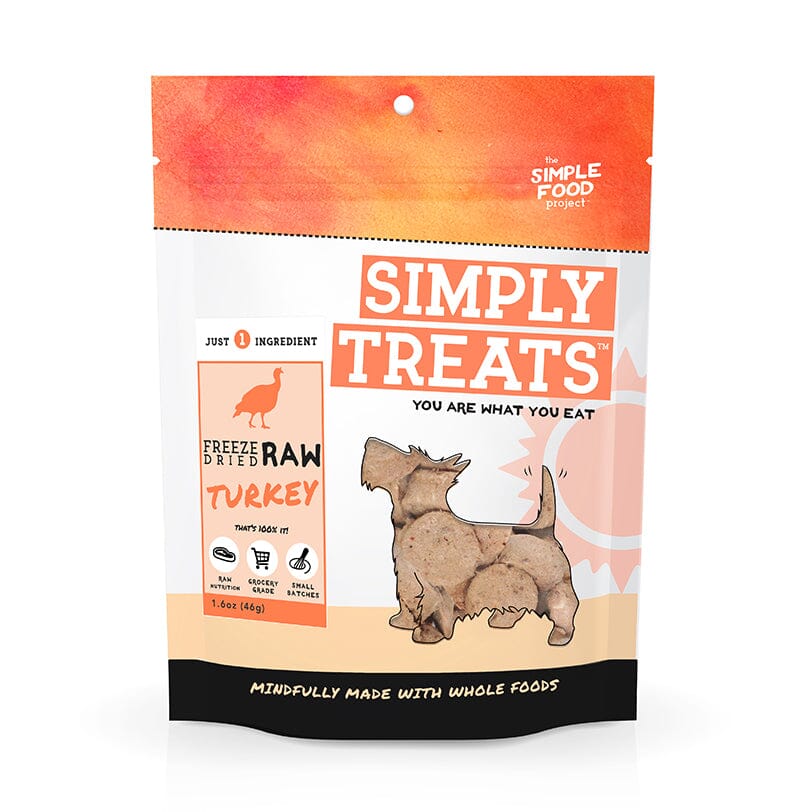
What Are The Best Home Remedies for Cat Scooting?

If you're looking for home remedies for cat scooting, you've come to the right place.
But first, let's figure out why your cat is scooting.
Why is My Cat Scooting?
Cats may scoot for several reasons, and it's often a sign that something is amiss with their anal area or digestive system.
Below are some common reasons why cats scoot.
- Diarrhea
- Constipation
- Anal gland issues
- Worm infestations
- Fecal residue
- Inflammation or infection
- Allergies or skin conditions
- Dietary issues
- Hygiene
If you notice your cat scooting, it's essential to investigate the underlying cause. You should schedule a visit to your veterinarian for a proper diagnosis and treatment. Your vet can examine your cat, perform any necessary tests, and recommend appropriate treatment based on the underlying issue.
Ignoring the behavior may lead to further discomfort and health complications for your cat. That being said, we can provide information on how you can help your cat feel better at home.
Below is a list of the most common causes and home remedies for cat scooting.
Diarrhea
Diarrhea in cats is a common issue and can have many different causes, ranging from dietary changes to underlying health conditions. Occasional mild diarrhea may not be serious, but frequent or persistent diarrhea can lead to dehydration and may signal a more significant problem.
While it’s always best to consult a veterinarian to determine the exact cause, there are some things you can do at home to help support your cat when diarrhea occurs. If the diarrhea is severe, bloody, or accompanied by vomiting, lethargy, or loss of appetite, seek veterinary care right away.
Home Remedies for Cat Diarrhea
- Dietary Adjustment: Temporarily switch to a bland diet, such as plain boiled chicken or turkey mixed with white rice, until stools begin to firm up. Gradually transition back to your cat’s regular food once the diarrhea resolves.
- Hydration Support: Cats with diarrhea lose fluids quickly. Encourage drinking by offering fresh, clean water, or add water or low-sodium broth to meals. You can also use a pet water fountain to stimulate drinking.
- Pumpkin Puree: Adding 1 teaspoon of plain canned pumpkin (not pie filling) to each meal may help regulate digestion thanks to its fiber content.
- Probiotics: Pet-safe probiotics can help restore healthy gut bacteria and support normal stool consistency.
- Elimination of Dietary Triggers: Sometimes, food intolerances or sudden diet changes can trigger diarrhea. Avoid giving table scraps or switching foods abruptly. Stick to a consistent, high-quality diet.
- Monitor Litter Box: Keep a close eye on frequency, consistency, and any changes in your cat’s stools. This can help your veterinarian with the diagnosis if the diarrhea continues.
- Consult Your Veterinarian: If diarrhea persists for more than a couple of days or if your cat exhibits signs of pain, dehydration, or illness, contact your veterinarian promptly. Persistent diarrhea often requires medical evaluation and treatment.
Constipation
Constipation is a fairly common problem in cats, occurring when bowel movements become difficult, infrequent, or absent. It may be caused by dehydration, hairballs, lack of exercise, dietary issues, or even underlying medical conditions. Signs of constipation include straining in the litter box, producing hard or dry stools, or showing signs of discomfort while attempting to pass stool.
While mild constipation can often be managed at home, persistent or severe constipation should be evaluated by a veterinarian, as it can indicate more serious issues such as megacolon or intestinal obstruction.
Home Remedies for Cat Constipation
- Increase Hydration: Ensure your cat always has access to clean, fresh water. Adding water or low-sodium broth to meals, or feeding wet food instead of dry, can help prevent dehydration and soften stools.
- Pumpkin or Fiber Additives: Mixing 1 teaspoon of plain canned pumpkin (not pie filling) or a vet-approved fiber supplement into food may help regulate digestion.
- Probiotics: Adding a pet-safe probiotic can support healthy gut bacteria and improve stool consistency.
- Encourage Activity: Regular playtime helps stimulate digestion and can prevent constipation, especially in indoor cats.
- Grooming Support: Regular brushing helps reduce hair ingestion and lowers the risk of hairball-related constipation.
- Litter Box Monitoring: Monitor stool frequency and consistency, as well as any straining or discomfort. Promptly note changes and share them with your vet if needed.
- Consult Your Vet: If your cat goes more than 2–3 days without a bowel movement, appears to be in pain, or shows signs of lethargy or loss of appetite, contact your veterinarian. Some cases require medical treatment or prescription medications.
Anal Gland Issues
Cats have anal glands, also known as scent glands, located near their anus.
These glands can become impacted or infected, causing discomfort or irritation.
Scooting might be their way of trying to alleviate the discomfort by dragging their rear end on the ground.
While it's always best to consult a veterinarian for proper diagnosis and treatment of any health issues your cat is experiencing, the following are a few things you can try at home to help with cat scooting due to potential anal gland issues.
If the issue persists or worsens, consult a veterinarian for further guidance.
Home Remedies for Cat Scooting Due to Anal Gland Issues
- Regular Grooming: Keep your cat's anal area clean by gently wiping it with a damp, warm cloth. This can help prevent fecal residue from building up and causing irritation.
- Warm Compress: Applying a warm compress to the anal area might help soothe discomfort and encourage the glands to empty naturally. Make sure the compress is not too hot.
- Increased Hydration: Proper hydration can help maintain healthy bowel movements. Ensure your cat has access to clean and fresh water at all times. If you have trouble getting your cat to drink enough water, try adding some low-sodium chicken, beef, or bone broth. You could also add water to your cat's daily meals, making them "soupy."
- Weight Management: If your cat is overweight, managing its weight can improve its mobility and ability to groom itself properly, which may prevent anal gland issues. Switching to a home-cooked diet can help.
- Pumpkin Puree: Some cats benefit from adding one teaspoon of plain, canned pumpkin (not pumpkin pie filling) to each feeding. Pumpkin is high in fiber and can aid in regulating bowel movements.
- Consult Your Vet: If you suspect your cat has anal gland issues, it's essential to consult your veterinarian. Your vet can adequately assess the situation, diagnose accurately, and recommend appropriate treatment. Sometimes, the anal glands may need to be manually expressed by a veterinarian or a professional.
Worm Infestations
Internal parasites, such as tapeworms, can cause itching and irritation around the anus.
Cats may scoot to try to relieve the discomfort.
If you suspect that your cat is scooting due to a worm infestation, it's essential to consult a veterinarian for a proper diagnosis and treatment.
Worm infestations can be serious and require specific medications to effectively eliminate the parasites.
However, the following are a few general suggestions to consider in conjunction with veterinary guidance.
Home Remedies for Cat Scooting Due to Worm Infestations
- Maintain Hygiene: Keep your cat's living environment clean and sanitized. Regularly clean the litter box and any bedding to prevent re-infestation.
- Isolate: If you have multiple cats, consider isolating the affected cat temporarily to prevent the spread of worms to other pets.
- Consult a Vet: Your veterinarian will prescribe the appropriate deworming medication based on the type of worms your cat has. Follow their guidance carefully for dosing and administration.
- Monitor and Prevent: After deworming, follow your vet's recommendations for preventive measures to avoid future infestations. Regular deworming is crucial for outdoor cats and those at risk of exposure.
- Proper Nutrition: Provide a balanced and nutritious diet to support your cat's immune system. A healthy immune system can help fight off and prevent parasite infestations. You may want to try a home-cooked diet.
- Regular Veterinary Checkups: Schedule routine veterinary checkups for your cat. These visits can help detect and address any potential health issues early, including worm infestations.
- Flea Control: Fleas can transmit certain types of worms. Use appropriate flea control products as recommended by your veterinarian to prevent flea infestations.
Remember that while over-the-counter deworming products are available, it's safest and most effective to consult with a veterinarian before administering any treatment to your cat.
Your veterinarian can accurately diagnose the type of worms and prescribe the appropriate medication for your cat's specific situation.
Fecal Residue
Fecal matter can get stuck around the anal area, leading to itching and discomfort.
Scooting might be an attempt to remove the residue.
Suppose you suspect that your cat is scooting due to fecal residue or hygiene issues.
If so, addressing the underlying cause and ensuring your cat's comfort is essential.
Below are some general home care tips that might help.
Home Remedies for Cat Scooting Due to Fecal Residue
- Regular Grooming: Gently groom your cat to keep their anal area clean. You can use a damp, warm cloth to wipe the area gently. Be careful not to irritate or cause discomfort while doing so.
- Proper Diet: A balanced, high-quality diet can promote healthy bowel movements. You may want to try a home-cooked diet.
- Hydration: Ensure your cat has access to fresh and clean water at all times. Proper hydration is vital for maintaining healthy bowel movements. If you have trouble getting your cat to drink enough water, try adding some low-sodium chicken, beef, or bone broth. You could also add water to your cat's daily meals, making them "soupy."
- Fiber-Rich Foods: Adding 1 teaspoon of plain, canned pumpkin (not pumpkin pie filling) to each feeding might help with digestive regularity. Pumpkin is rich in fiber and can help prevent constipation.
- Weight Management: If your cat is overweight, work with your veterinarian to manage their weight. Obesity can lead to mobility issues that affect proper grooming and hygiene. Switching to a home-cooked diet can help your cat lose excess weight.
- Litter Box Hygiene: Keep your cat's litter box clean and changed regularly. A clean litter box can encourage proper elimination behavior.
- Consult a Vet: If the issue persists or worsens, it's essential to consult a veterinarian. They can examine your cat and provide tailored advice and treatment based on the situation.
Remember that while these home care tips might help manage mild cases, they do not replace professional veterinary care.
If your cat continues to experience scooting or discomfort, consult your veterinarian to determine the underlying cause and receive appropriate treatment.
Inflammation or Infection
Inflammation or infection in the anal area can lead to discomfort and itching, prompting a cat to scoot.
Suppose your cat is scooting due to inflammation or infection in the anal area.
If so, addressing the underlying cause and seeking veterinary care for proper diagnosis and treatment is important.
While home remedies can provide some relief, they should not replace professional veterinary guidance.
Below are a few steps you can take while awaiting your veterinarian's advice.
Home Remedies for Cat Scooting Due to Inflammation or Infection
- Maintain Cleanliness: Gently clean your cat's anal area with a warm, damp cloth. Be very gentle to avoid causing further irritation. Keeping the area clean can help prevent additional discomfort.
- Warm Compress: Applying a warm, moist compress to the affected area for a brief period may help soothe inflammation and provide some relief.
- Epsom Salt Bath (Under Veterinary Guidance): Sometimes, a veterinarian might recommend an Epsom salt bath for your cat. This should only be done under professional guidance, as using the correct dilution and method is essential to ensure your cat's safety and comfort.
- Consult a Vet: In cases of inflammation or infection, it's crucial to consult a veterinarian. They can adequately assess the situation, diagnose the cause, and recommend appropriate treatment, including antibiotics, anti-inflammatories, or topical treatments.
- Hydration and Nutrition: Ensure your cat is well-hydrated and consuming a balanced diet. Adequate hydration and nutrition can support the immune system and aid healing. If you have trouble getting your cat to drink enough water, try adding some low-sodium chicken, beef, or bone broth. You could also add water to your cat's daily meals, making them "soupy." You may also want to try a home-cooked diet.
- Prevent Licking: Cats may lick at areas of discomfort, which can worsen irritation. If your cat tends to lick the affected area excessively, your veterinarian may recommend an Elizabethan collar (cone) to prevent licking.
Remember, while these home remedies can provide temporary relief, they are not a substitute for veterinary care.
Anal area inflammation or infection can have underlying causes requiring specific treatments.
Consult your veterinarian immediately to ensure your cat receives appropriate medical attention.
Allergies or Skin Conditions
Cats can develop allergies or skin conditions that cause itching and discomfort around the anus, leading to scooting.
Suppose your cat is scooting due to allergies or skin conditions.
If so, it's crucial to identify the specific cause of the issue and consult a veterinarian for proper diagnosis and treatment.
Allergies and skin conditions vary widely, and effective treatment often requires the guidance of a professional.
However, below are a few general home care tips to help alleviate discomfort while you wait for your veterinary appointment:
Home Remedies for Cat Scooting Due to Allergies or Skin Conditions
- Learn More About Cat Allergies: Download our free ebook Cat Allergies 101 to learn more about cat allergies and how to help at home.
- Keep the Area Clean: Gently clean your cat's anal area with a damp cloth to remove any irritants that might be contributing to the discomfort.
- Avoid Irritants: Identify and eliminate potential allergens or irritants from your cat's environment. This could include switching to hypoallergenic cleaning products, using hypoallergenic bedding, and ensuring your cat's food doesn't contain any ingredients that could trigger allergies.
- Maintain a Healthy Diet: A balanced, high-quality diet can support your cat's health and immune system. Our vets recommend a limited-ingredient diet for cats with allergies and skin conditions.
- Hydration: Ensure your cat has access to clean and fresh water at all times. Proper hydration supports skin health and overall well-being. If you have trouble getting your cat to drink enough water, try adding some low-sodium chicken, beef, or bone broth. You could also add water to your cat's daily meals, making them "soupy."
- Cool Compress: In cases of skin irritation, consider using a cool, damp cloth to temporarily relieve the affected area.
- Avoid Overgrooming: Cats with skin conditions might overgroom, exacerbating the issue. If your cat is overgrooming, your veterinarian may recommend an Elizabethan collar (cone) to prevent this behavior.
- Consult a Vet: It's essential to consult a veterinarian to diagnose the cause of the allergies or skin condition accurately. Your veterinarian can recommend appropriate treatments, including medications, topical treatments, or dietary adjustments.
Remember that home remedies should be used as a complement to veterinary care, not a replacement.
Your veterinarian can provide the necessary expertise to identify the cause of the issue and develop an effective treatment plan to address your cat's specific needs.
Dietary Issues
A poor diet or food allergies can lead to digestive problems and irritation in the anal area, causing a cat to scoot.
Addressing your cat's diet is crucial if dietary issues cause the scooting.
However, it's essential to consult a veterinarian to determine the specific dietary adjustments necessary for your cat's individual situation.
Dietary issues can have various underlying causes, and a vet's guidance is crucial for proper diagnosis and treatment. Below are some general considerations.
Home Remedies for Cat Scooting Due to Dietary Issues
- Switch to High-Quality Food: Choose a high-quality cat food that meets your cat's nutritional needs. Look for options with real meat as the primary ingredient and minimal fillers.
- Elimination Diet: If you suspect a food allergy or sensitivity, your veterinarian might recommend an elimination diet. This involves feeding your cat a limited-ingredient diet with novel protein and carbohydrate sources to identify and eliminate potential triggers.
- Fiber Content: Adequate fiber can help regulate bowel movements. Adding 1 teaspoon of plain, canned pumpkin (not pumpkin pie filling) to each feeding might help with digestive regularity. Pumpkin is rich in fiber and can help prevent constipation.
- Hydration: Ensure your cat has access to clean and fresh water at all times. Proper hydration supports digestive health. If you have trouble getting your cat to drink enough water, try adding some low-sodium chicken, beef, or bone broth. You could also add water to your cat's daily meals, making them "soupy."
- Gradual Transitions: If you're changing your cat's diet, do so gradually to avoid gastrointestinal upset. Gradual transitions give your cat's digestive system time to adjust. Our vets recommend starting the switch by adding 1/4 portion of the new food to 3/4 portion of the old food during the first week. The second week, add 1/2 portion of the new food to 1/2 portion of the old food. Then, the third week add 3/4 portion of the new food to 1/4 portion of the old food. Finally, in the fourth week, provide all new food.
- Probiotics: Probiotic supplements might help promote a healthy gut flora, contributing to better digestion. Our vets recommend Harmonize GI. Consult your veterinarian before adding any supplements to your cat's diet.
- Portion Control: Obesity can lead to digestive issues. Please work with your veterinarian to determine the appropriate portion size for your cat based on its weight and activity level. Our vets often recommend switching to a home-cooked limited ingredient diet to help allergic cats lose weight.
- Consult a Vet: If you suspect your cat's scooting is due to dietary issues, consult a veterinarian. A veterinarian can assess your cat's overall health and recommend tailored dietary adjustments based on their specific needs.
Remember that while these general suggestions might help manage dietary-related scooting, they should be implemented under the guidance of a veterinarian.
Your vet can provide tailored advice to address your cat's specific dietary needs and underlying health conditions.
Hygiene Issues
Cats may scoot if they don't correctly groom their anal area. This could be due to obesity, arthritis, or other mobility issues that prevent them from reaching that area to clean it effectively.
If you notice your cat scooting, it's essential to investigate the underlying cause. Schedule a visit to the veterinarian for a proper diagnosis and treatment.
Your vet can examine your cat, perform any necessary tests, and recommend appropriate treatment based on the underlying issue. Ignoring the behavior could lead to further discomfort and health complications for your cat.
Suppose your cat is scooting due to hygiene problems. If so, it's essential to address the underlying issue while also maintaining good hygiene practices for your cat. Below are some home care tips to help.
Home Remedies for Cat Scooting Due to Hygiene Issues
- Observe Your Cat's Grooming Habits: Keep a close eye on your cat's grooming behavior. If your cat has difficulty grooming itself properly due to obesity, arthritis, or other mobility issues, consider helping it by gently cleaning its anal area with a damp cloth.
- Regular Brushing: Regular brushing can help keep your cat's coat clean and reduce the chances of fecal residue getting stuck to the fur around the anal area. An excellent brush choice is the Curry on a Stik, which is a brush that is a massage tool at the same time. My cats love it!
- Trimming Fur: If your cat has long fur, consider trimming the fur around the anal area to prevent fecal matter from adhering to it.
- Litter Box Management: Keep the litter box clean and change the litter regularly. A clean litter box encourages proper elimination behaviors.
- Hygiene Around the Litter Box: Ensure the area around the litter box is clean and dry. This prevents your cat from picking up dirt or debris that might cause hygiene issues.
- Mobility Support: If your cat is experiencing mobility issues, consult your veterinarian for advice on how to make grooming and hygiene easier for them.
- Consult a Vet: If the scooting persists despite your efforts, or if you notice any signs of discomfort, inflammation, or infection, consult a veterinarian. They can help identify the underlying issue and recommend appropriate treatment.
Remember that maintaining good hygiene practices is essential for your cat's overall health and well-being.
However, if your cat's scooting is persistent or causing distress, seeking professional veterinary care is crucial to properly address any underlying health problems.
Need Extra Help or Holistic Options for Your Cat?
If you ever feel like you need extra help in managing your cat's health naturally or with TCVM herbal blends, we can help.
TCVM Pet Supply co-founding veterinarians, Dr. Marc Smith and Dr. Casey Damron, offer TCVM telemedicine consultations.
If you get a TCVM telemedicine consultation, you'll get personalized TCVM recommendations specific to your cat, including:
- TCVM Evaluation
- Food Therapy Recommendations
- TCVM Herb Recommendations & Veterinary Authorization
- Supplement Recommendations
- Alternative Medicine Recommendations
If you reside in the Middle Tennessee area or would like to commute, you may choose an in-clinic appointment instead.
You can learn more about each vet and contact the clinic you prefer directly:
- Marc Smith, DVM, MS - Natchez Trace Veterinary Services
- Casey Damron, DVM, CVA - White Oak Animal Hospital
Sources:
- Center, S. V. (2022, December 8). The Poop-Scooting Boogie: What scooting says about your pet - Vet in Sunrise | Sawgrass Veterinary Center. Vet in Sunrise | Sawgrass Veterinary Center. https://sawgrassveterinarycenter.com/the-poop-scooting-boogie-what-scooting-says-about-your-pet/
- Llc, A. (n.d.). Why does my cat scoot? https://www.cathealth.com/cat-health/digestive-system/2631-why-does-my-cat-scoot
- What does it mean when a cat scoots its butt – LeadER Vet. (n.d.). https://leadervet.com/what-does-it-mean-when-a-cat-scoots-its-butt/

